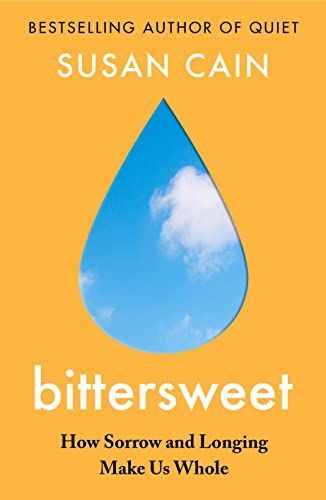
Bittersweet How Sorrow and Longing Make Us Whole
Loss and impermanence are inescapable, part of the warp and weft of our lives. They are essential to love, to growth, and to art. And yet, too often, we do not acknowledge loss, let alone honour the experience of it. Illuminating, thoughtful, and deeply necessary, Susan Cain's new book will help us to name and value the experience of loss, pointing the way toward ways of being and rituals that help us to accept it rather than bury it. Blending memoir, reportage, and social science, it will reveal that joy and loss exist in equilibrium; that vulnerability, or even a melancholy temperament, can be a strength; and that embracing our inevitable losses makes us more human and more whole.
Highlights
Nikkita@nikkitacoho
Page 94
Nikkita@nikkitacoho
Page 42
Nikkita@nikkitacoho
Page 35
Nikkita@nikkitacoho
Page 35
Nikkita@nikkitacoho
Page 28